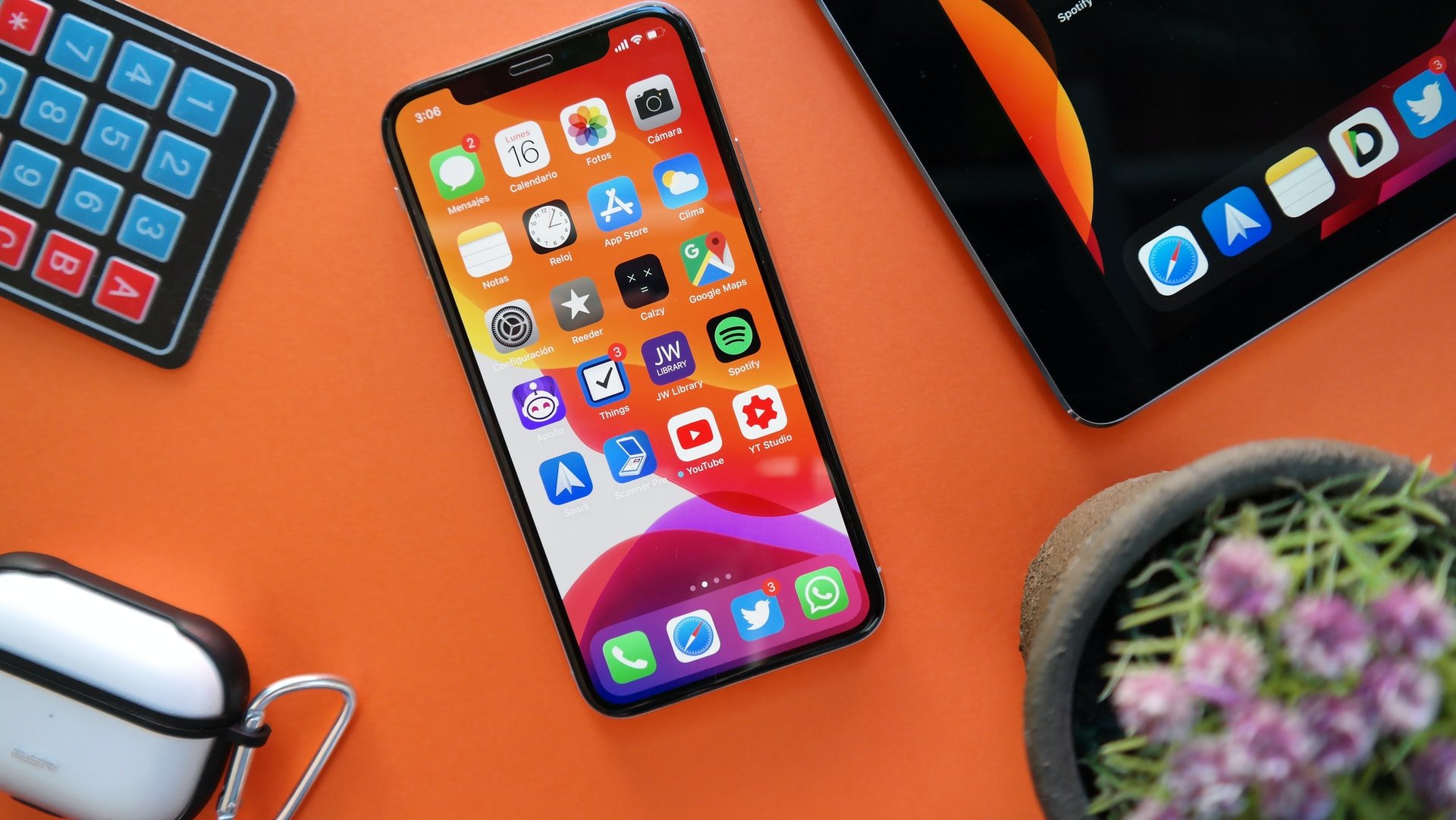Hybrid Mobile App Development is basically an approach to programming for mobile devices that combines the strengths of HTML5 and native mobile applications. A hybrid application is generally develop in HTML/CSS/Javascript and it can be consider as a bridge that connects the bests of the web app and native app.
A hybrid application can also use all the native features and it is relatively fast when it comes to responding the user. Developing a hybrid application Hybrid is not that expensive when compared to the development of native mobile applications.
Hybrid mobile applications give us multiple app experiences such as playing games, Social Media like Facebook, Twitter; health tracking applications, photo capturing and editing applications, etc. are the best examples of hybrid mobile applications.
The simple approach of developing hybrid mobile applications allows developers to leverage the benefits of native mobile applications. To provide your users a rich-featured application with better user experience and dynamic content, you can opt for a hybrid mobile application.
Nowadays, hybrid mobile app development uses Apache Cordova. Apache Cordova offers a consistent platform along with a set of JavaScript APIs that allows a developer to access device capabilities with the help of plugins. These plugins are develop with native code.
Most of the plugins are develop and maintain by the developer community. And all these plugins can be easily found and are accessible from Apache Cordova Plugins Registry.
The utilization of this registry in the mobile app development allows its users to utilize device features such as accessing GPS data, login credentials, camera, contacts and maintaining notification settings.
There are many professional developers who are developing hybrid applications to provide support for all the mobile devices. Hybrid mobile app development is the best way to reach end users. Additional benefits of opting for hybrid mobile app development are:
- It provides an easy approach to the administrative tasks, as it offers BYOD (Bring Your Own Device) environment. BYOD supports multiple mobile operating systems and device form factors also.
- Hybrid applications allow the user to work offline. In offline mode, data can obviously not be updated, but users can load the app and access the previously loaded data.
- Organizations or developers can considerably save lots of time and money while developing hybrid mobile applications. Unlike native applications, developers can make use of multiple resources available in the market.
- Hybrid applications provide easy scaling to a variety of platforms and mobile operating systems. As we know that web technology is similar across several mobile operating systems and platforms, so the codes can be reuse as per the project requirements. There is no need to build the mobile applications from scratch.
Some of the Frame works listed below for you:
Often companies build hybrid applications for their existing web page so that they can make their presence on several app stores. Hybrid mobile applications are more popular than native applications because it allows cross-platform app development that is also not that much expensive when compared to native apps.
The interface can use native controls as they are develop in HTML5. Developers can leverage background processes and notifications within the app.
Related blogs – Android Apps



